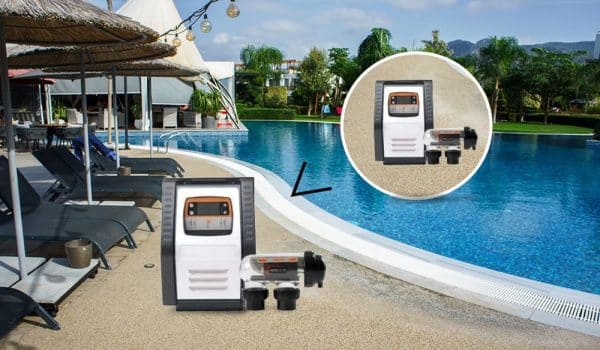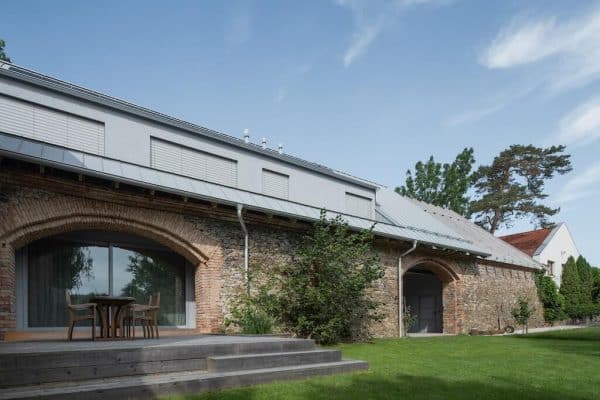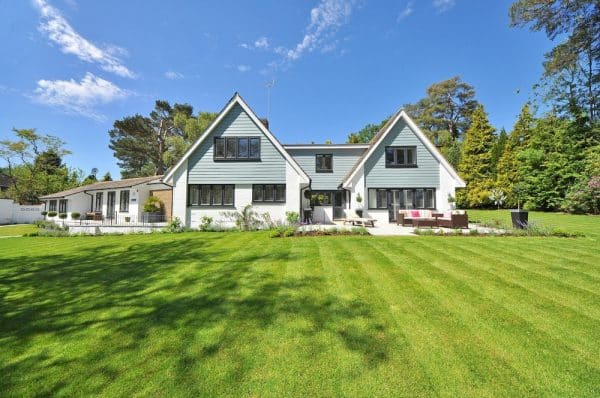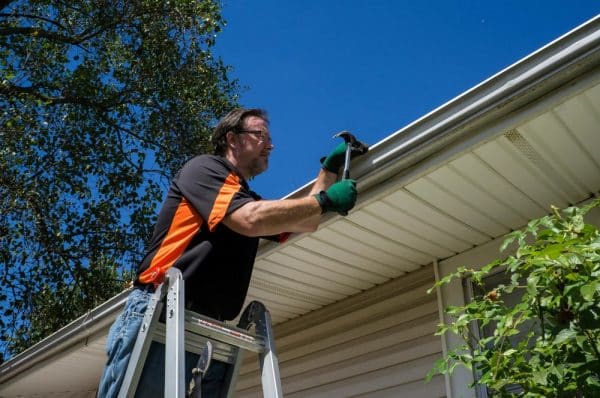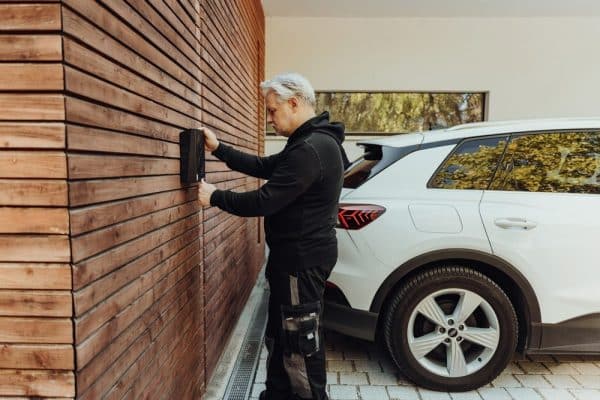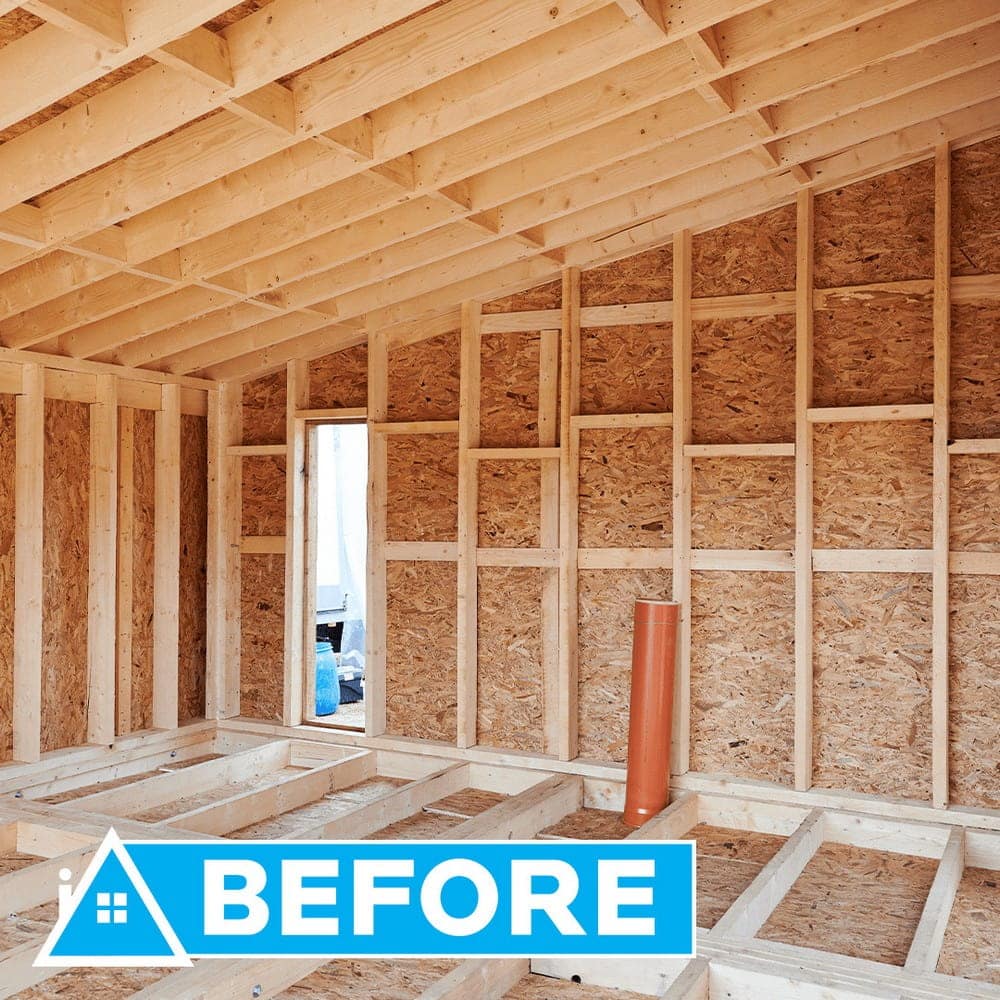
Did you know that your home’s insulation plays a huge role in more than just keeping the chill out of your home during winter and the heat away from your family during summer? Most people don’t realize that their indoor air quality can be significantly improved – or worsened – depending on the type and amount of insulation they have in their home.
From reducing allergens to improving energy efficiency, understanding how your home’s insulation affects its air quality levels could make a world of difference for both comfort and cost savings. In this guide, let us explore further why insulating makes sense when it comes to maintaining optimal indoor air quality at home.
How Insulation Impacts Indoor Air Quality
Insulation profoundly impacts indoor air quality in several ways, directly affecting the home occupants’ health, comfort, and overall living environment. Understanding these effects allows homeowners to make informed decisions that contribute to enhanced indoor air quality.
Insulation Reduces Allergens
Quality insulation can help reduce the presence of allergens in your home. Materials used in insulation, such as spray foam, act as a barrier against outdoor allergens like pollen, dust, and mold spores. By creating a seal around your home, insulation prevents these allergens from infiltrating your indoor space, contributing to healthier air quality.
Insulation Minimizes Moisture and Mold Growth
Proper insulation helps control the moisture levels within your home, significantly reducing the risk of mold growth. Damp and humid conditions are a breeding ground for mold and mildew. By regulating temperature and reducing condensation, insulation creates an environment hostile to mold growth, maintaining the freshness of your indoor air.
Insulation Lowers Exposure to Harmful Chemicals
Some insulation materials, especially those that are eco-friendly, are designed to lower the emission of volatile organic compounds (VOCs) within your home’s indoor air. Lowering VOC levels can reduce potential health risks associated with long-term exposure to these harmful chemicals.
Insulation Enhances Energy Efficiency
Insulation is essential when it comes to improving the energy efficiency of your home. By reducing air leaks, insulation helps maintain consistent indoor temperatures, reducing the need for excessive heating or cooling. This translates into a better-insulated home with cleaner air and significantly lower energy bills.
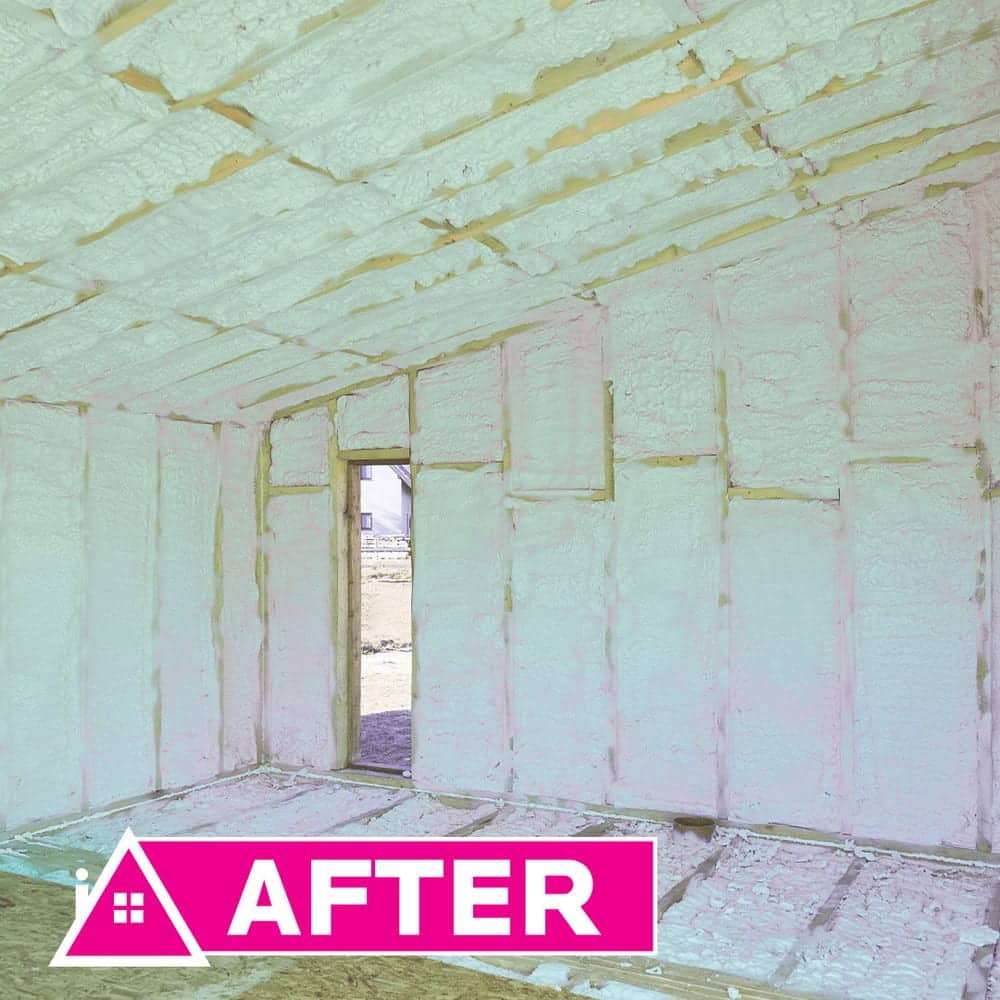
Choosing the Right Insulation
Selecting the right insulation for your home is pivotal for optimizing indoor air quality alongside other benefits. It’s not just about picking any insulation; it’s about finding the one that suits your home’s specific needs and enhances your living environment. Presented below are considerations to keep in mind when choosing insulation for your home.
Consider the R-Value
The R-value is a measure of the insulation’s resistance to heat flow. The higher the R-value, the greater the insulating effectiveness. Choose insulation with an appropriate R-value for your climate and the part of the house you’re insulating.
Understand Your Climate
The insulation you select should be appropriate for your climate. For example, in colder climates, consider insulation that provides excellent thermal resistance, while in hotter climates, insulation that offers great heat deflection could be a better choice.
Factor in Your Home’s Age
Older homes may benefit from different types of insulation compared to newer ones. Spray foam insulation, for example, might be a good choice for an older home with drafts or air leaks.
Think About Sustainability
Environmentally-friendly insulation options, like those made from recycled materials or which lower VOC emissions, not only improve indoor air quality but also contribute to sustainability.
Consider Professional Installation
Insulation needs to be installed correctly to be effective. Although DIY installation may seem cost-effective, professional installation ensures maximum effectiveness and safety. Contact an insulation contractor in Layton to install or upgrade your insulation today.
Consider Noise Reduction Capabilities
Some insulation products also offer soundproofing capabilities. If your home is situated in a noisy area or if you simply value peace and quiet, you might want to consider insulation materials that can reduce noise transmission.
Evaluate The Lifespan
Insulation materials come with different lifespans. Some may last longer than others, and while they may be more expensive initially, they might prove to be more cost-effective in the long run.
Consider Fire Resistance
Certain types of insulation are more fire-resistant than others. If this is a concern for you, especially if you live in an area prone to wildfires, consider insulation materials that have a high fire resistance rating.
Look For Pest-Resistant Insulation
Some insulation types are treated with boric acid, a natural repellent for many types of pests. If your home has had problems with pests in the past, or if it’s located in an area where pests are common, you might want to consider these insulation types.
Think About The Installation Process
Different forms of insulation require different installation processes. Some can be installed easily, while others may require more labor-intensive processes. Consider this factor, as it can affect the installation cost and the time needed for the process.
FAQ
Is insulation necessary for good indoor air quality?
Yes, proper insulation is crucial in maintaining good indoor air quality. It reduces allergens, minimizes moisture and mold growth, lowers exposure to harmful chemicals, and enhances energy efficiency.
What is the best type of insulation for improving indoor air quality?
The best type of insulation for improving indoor air quality depends on your home’s specific needs. Consider factors like R-value, climate, sustainability, noise reduction capabilities, fire resistance, and pest resistance when choosing the right insulation for your home.
How often does insulation need to be replaced?
Insulation can last anywhere from 20-80 years, depending on the material used. However, it is recommended to check the condition of your insulation every 5-10 years and replace it if necessary.
Can I install insulation myself?
While DIY installation may seem cost-effective, hiring a professional for proper installation is recommended to ensure maximum effectiveness and safety.
How does insulation help with energy efficiency?
Insulation helps maintain consistent indoor temperatures by reducing air leaks, which reduces the need for excessive heating or cooling. This results in a better-insulated home with cleaner air and significantly lower energy bills.
Final Thoughts
Choosing the right insulation for your home is a crucial step in maintaining good indoor air quality. Consider factors like R-value, climate, sustainability, noise reduction capabilities, fire resistance, and pest resistance when making your decision.
Don’t hesitate to reach out to a professional insulation contractor for expert advice and proper installation. Investing in quality insulation not only improves indoor air quality but also contributes to energy efficiency and cost savings in the long run.


